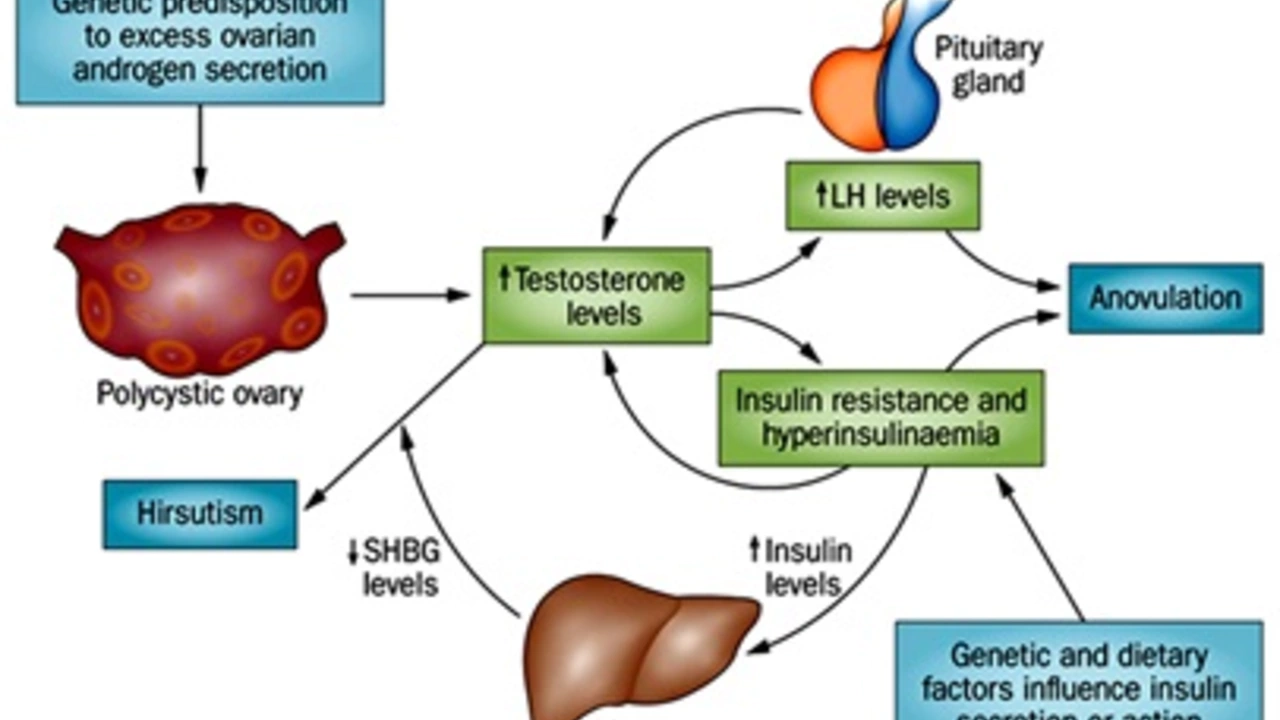Progesterone: What it is and why it matters
Progesterone is a natural hormone your body makes, mainly in the ovaries and the placenta during pregnancy. It helps prepare the uterus for pregnancy, keeps the lining of the uterus stable, and balances estrogen. People talk about progesterone for fertility, menopause symptoms, birth control, and certain medical conditions. This page clears up the basics and gives practical tips so you know what to expect.
Common uses and who might need it
Doctors prescribe progesterone for several reasons. Women trying to support early pregnancy might get progesterone for luteal phase support. People going through menopause sometimes use it alongside estrogen to lower the risk of uterine lining overgrowth. Certain menstrual problems, abnormal uterine bleeding, and some hormone-related conditions can also respond to progesterone. It’s also used in assisted reproductive technologies like IVF.
If you’re considering over-the-counter creams or supplements labeled "natural progesterone," talk with your clinician first. Products vary a lot in strength and quality, and not all deliver reliable hormone levels.
Forms, how they're used, and practical tips
Progesterone comes in several forms: oral pills (micronized progesterone), vaginal gels or suppositories, injections, and topical creams. Each route has pros and cons. Vaginal formulations act locally on the uterus and are common for fertility support. Oral forms are easy to take but can cause more daytime drowsiness for some people. Injections are used when higher or more controlled dosing is needed. Topical creams are popular but often unpredictable in how much hormone is absorbed.
Use tips: follow the dosing and timing your prescriber gives. For fertility tracking, labs often measure progesterone about a week after ovulation to confirm that ovulation happened. If you feel sleepy after taking progesterone, try taking it at night. Keep a list of all supplements and medications to review with your provider—some drugs can change hormone levels.
Side effects are usually mild: tiredness, breast tenderness, bloating, mood changes, and spotting. If you notice severe headaches, vision changes, chest pain, shortness of breath, or sudden leg swelling, get medical help right away—those are signs that need urgent attention. Long-term risks and benefits depend on your health history, age, and whether you’re also taking estrogen.
Final practical point: don’t start or stop progesterone on your own. Talk to your doctor about why you need it, which form fits your goals, and how long you should use it. Bring questions about side effects, interactions, and monitoring—good communication helps you get the benefit without surprises.

How progesterone can help with insulin resistance and diabetes
In my recent exploration of health topics, I've discovered some fascinating insights on how progesterone can aid in combating insulin resistance and diabetes. It appears that progesterone, a hormone naturally produced in the body, improves insulin sensitivity and helps in regulating blood sugar levels. Research suggests that it may also play a protective role against the onset of type 2 diabetes. However, the relationship between hormones and insulin resistance is complex and more research is needed. It's an intriguing area of study which could potentially offer new approaches in managing diabetes.
